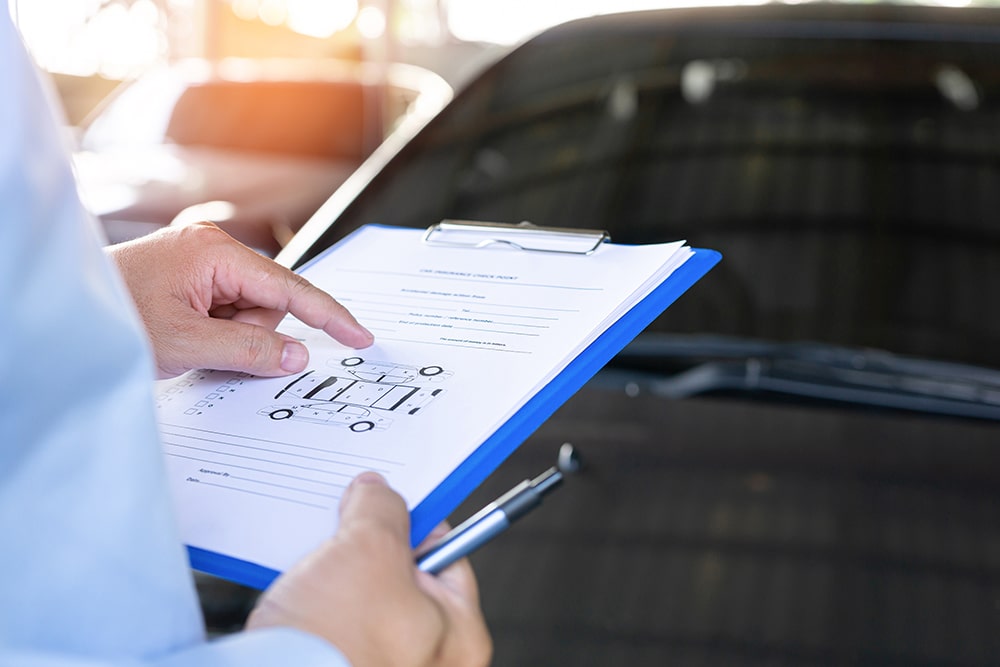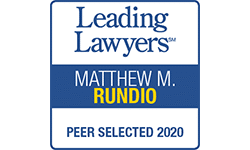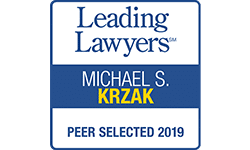What To Expect When You Meet with an Insurance Adjuster
You’ll likely need to contact a few different people following a car accident, one of which will be your insurance adjuster, so that you can report your collision to them. Soon thereafter, you may start receiving calls from the other motorist’s insurance adjuster, especially if it appears that their insured is responsible for your crash.
The sudden influx of calls that you begin receiving after a crash can be overwhelming. At some point, it can become challenging to know which insurer different callers represent. It’s even more difficult to keep track of when you and the other motorist are insured with the same company. If you add multiple people being on board handling a single claim into the mix, things verge on being chaotic.
Insurance adjusters’ questions can seem relentless. You’ll quickly find that if you answer one question, they’ll bombard you with a series of others.
Situations like these can leave you wondering what to expect when speaking with an insurance adjuster. They can also make you question who you should talk to at all and if you do talk to an adjuster just how much you should say.
How Insurance Companies and Their Adjusters Operate
Insurance companies are for-profit businesses with a sole goal—to keep bringing in profits. Your insurer may reward you with financial incentives for remaining accident-free, as that means they don’t have to make any payouts on your behalf.
Adjusters are essentially insurers’ gatekeepers. If you were involved in an accident with another motorist, then both your insurer and the other one involved in your crash have been assigned two different adjusters. That individual will review details involving your accident to determine who the at-fault motorist is.
That liability determination will dictate how much pushback they make if an injured motorist files a claim. Their focus is to contest liability whenever they can and, if a payout seems inevitable due to their insureds’ negligence, then to aggressively fight to keep settlement offers low. Adjusters will also often make low offers very quickly to try to get the injured individual to accept a settlement before they truly know the nature and extent of their injuries.
Just to make it abundantly clear, it’s the adjuster who will ultimately be responsible for assessing the damage to your vehicle and reviewing your medical records if you suffered injuries in a crash. They’ll use their liability determination to decide how much money you will receive as compensation in your case.
Having a better understanding of the parties involved, their motives, and the tactics they use can help you decide how to best interact with them. Here are some effective strategies to employ:
Know Your Policy
If you choose to speak to an adjuster instead of having an attorney do so, make sure you review your policy to determine what is covered and what isn’t before you speak with the adjuster. This knowledge will give you a better context for understanding any information about coverage that an insurer tells you.
Stick to the Point
When you receive a call from an insurance adjuster, make sure you know who you are speaking with and the company they represent. It can be helpful to document each call in a log and what you tell them. The best approach is to be brief and concise in your responses. While you may have an obligation to speak with and cooperate with your own insurance company, you do not have any obligation to speak with the other driver’s insurance company. Doing so can lead to issues in trying to resolve your claim at a later date.
If you worry that a question is too probative and thus could jeopardize a liability determination, you’ll want to let the adjuster know that it’s not a convenient time to talk. You may want to consult with a lawyer to discuss such an interaction if it occurs. Again, you have no obligation to speak with the other driver’s insurance company.
Always Maintain a Cool and Collected Demeanor
In some cases, an insurance adjuster’s goodwill may pay off in some way—whether it’s in promptly processing your claim or believing your side of an issue that’s difficult to prove.
If you choose to speak to an insurance adjuster, steer clear from sounding annoyed as the adjuster asks questions. Don’t express disdain for their insured, even if you’re upset about the inconvenience they’ve caused you. Remain as even-tempered as possible instead.
Don’t Offer a Recorded Statement if Requested
Insurance adjusters representing the other party may contact and ask you to make a recorded statement regarding the car accident and any injuries you may have sustained. It will serve as your official statement of the events leading up to the accident, and it cannot be changed.
If an adjuster requests that you submit a recorded statement, the best practice is to refuse. You are not required to go on record about the accident, and your statement may be used against you to reduce the value of your claim or deny it entirely in the future.
Avoid Falling for the “Trap” Questions
Trap questions are ones that the adjuster asks to catch you off guard or to see if you are being truthful. Be prepared for these questions and answer them honestly or let them know that it would be best if they followed up at a different point if you’re not ready.
Adjusters may try to confuse you with phrases that are misinterpreted by you. They can later utilize your mistake to argue that you should receive less compensation than you are entitled to. The following are some examples of trap questions:
- “Have you ever filed a claim with this company before?”
- “When did you first notice the damage to your property?”
- “Have you made any repairs to your property since the accident?”
- “Did you permit someone else to use the vehicle?”
- “What is the nature and extent of your injuries?”
Limit the Amount of Information you Provide to the Insurance Adjuster
If you do choose to speak to an insurance adjuster without a lawyer, less is more. Do not volunteer any additional information to the insurance adjuster since this gives them more things to look into. If you are not sure of the answer, don’t guess or wing it. This might be used against you later. Instead, state that you don’t know and will respond later.
Similarly, if there is evidence that contradicts your response, you must address it promptly or hold off on the response until you have more proof. You are not required to respond to personal inquiries, and long responses to difficult questions are not suggested.
Acceptance of a First Offer Isn’t Recommended
Insurance adjusters will often throw out an offer early on in your communication with them if you advise them that you suffered injuries in a crash. There are a few reasons why you should not accept the first settlement offer from insurance adjusters:
- They may try to take advantage of your lack of knowledge or expertise in this area.
- They may lowball you on the initial offer, hoping that you will accept it without challenging it.
- By accepting the first offer, you are essentially waiving your right to seek further compensation before you know the true nature and extend of your injuries.
- If there are any unforeseen expenses or complications down the road, you will not be able to go back and ask for more money.
How an Attorney Helps You Understand Your Legal Options
Dealing with insurance adjusters not an easy task. Having an attorney experienced in dealing with insurance adjusters instead of you doing so can help maximize your recovery.
The attorneys at Krzak Rundio Gorman, Injury Attorneys can assist you in writing an honest response to adjusters’ questions that might help you safeguard your claim and receive the compensation you deserve. If your contact with the adjuster becomes confrontational or you have a particularly complex or expensive claim, going at it alone might result in financial loss. Adjusters tend to take cases more seriously when lawyers are involved.
Hiring an attorney can assist you in maximizing your claim benefits if you are not sure how to deal with the insurance company. You have the right to be accompanied by your lawyer when you speak with the insurance adjuster and during meetings. They can help you in being comfortable and being prepared by an attorney can assist you in answering difficult questions.
Our experienced attorneys are here to help you through the process of obtaining full compensation for the injuries you have sustained. For more information on how we can assist you, please contact us.











